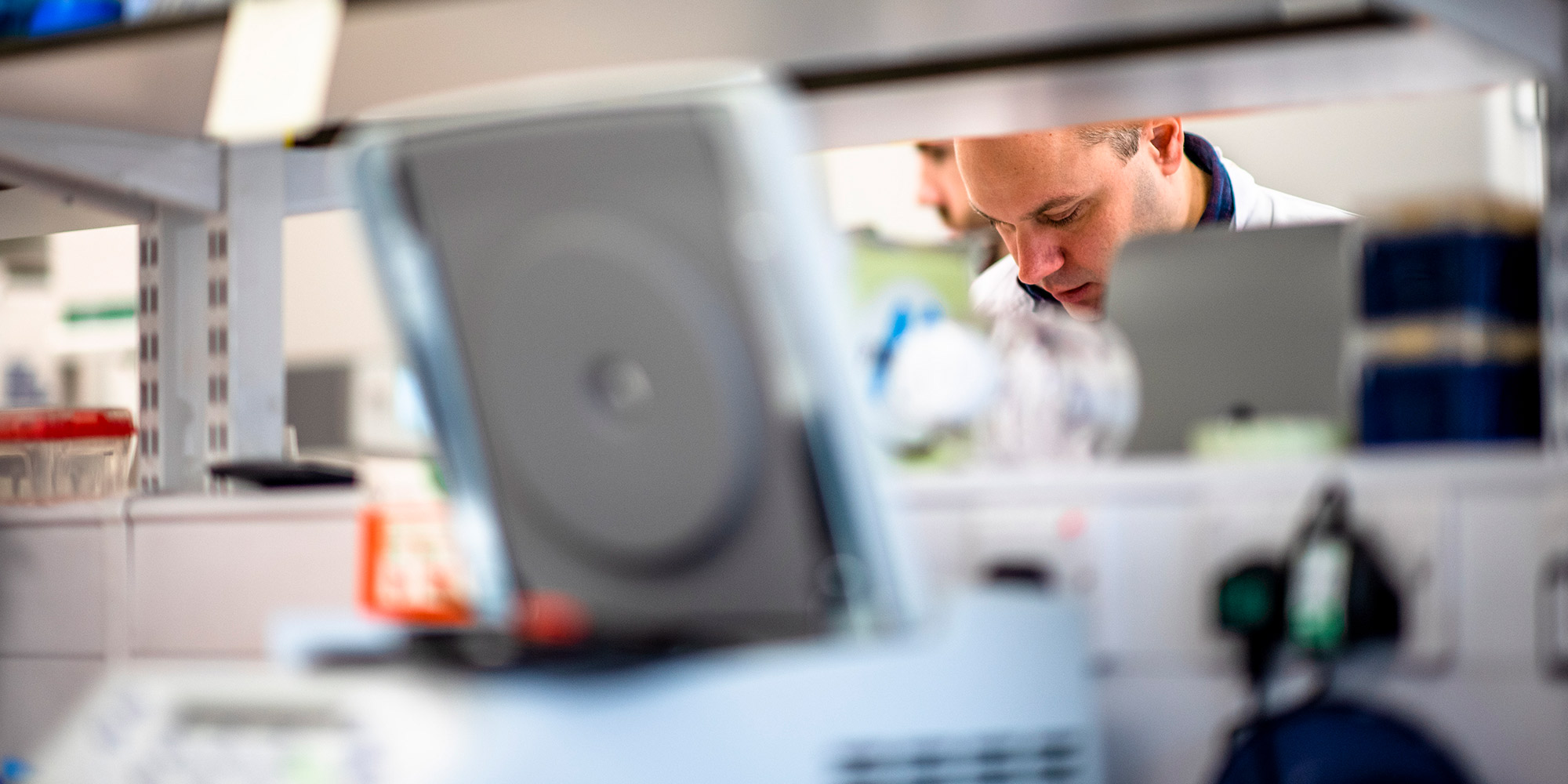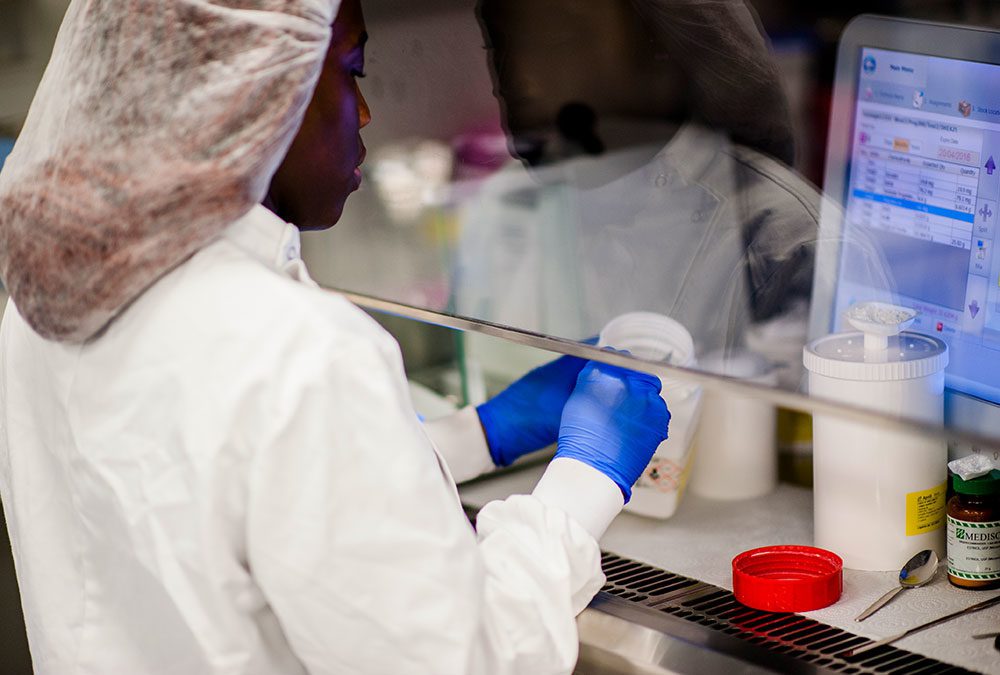

BioScience vs. Digital Technology Incubators
‘Maker places’ including incubators and science parks are becoming, if not the backbone of our economy, then almost certainly the tibia and fibula, connecting business and innovation to UK Plc.
There are an estimated 300 business incubators in the UK supporting in excess of 12,000 dynamic, creative and innovative businesses, covering sectors as diverse as ICT, science, technology, creative and social enterprises, according to UK Business Innovation (UKBI). Yet bioscience, at least in London investment terms, is seen as a poor relation to digital technology incubators.
Tech City UK received funding of £50 million and Med City ~£4 million, a ratio of 12:1. The GVA figures are however £30.7 billion to £ 7 billion respectively (McKinsey, 2014) for the respective London clusters, a ratio of ~4:1. The disparity reflects an implicit message from the public funders: investment in ICT and digital technology incubation is a greater priority than pushing bioscience into the marketplace.
This is backed up by a broad brush observation, i.e. the UK government’s latest official figures on R&D spending, which make for bleak reading. It shows it peaked in 2011 and fell by 3% in 2012 to £27 billion. At 1.7% of GDP, Britain’s R&D spending is well below the EU average and way behind Finland’s 3.6% and Germany’s 2.9%.
But in terms of technology, London is a leading light in the incubation community. Forbes, the American business magazine, recently crowned London as the world’s most influential city, citing its position as Europe’s leading technology hub as one of the main reasons for the accolade.
London’s position as Europe’s top technology start-up centre was hailed by Joel Kotkin, a Professor of Urban Studies in California, who noted the influential presence ‘of 3,000 tech start-ups as well as Google’s largest office outside Silicon Valley’. Indeed, the strength of London’s start-up scene was displayed through its domination of the Europas Awards earlier this year. But how much of it is IP driven capitalisation and how much is the ‘more UK sticky’ IP driven job creation?
The Evening Standard carried a story back in June saying that London’s booming tech industry will pump £12 billion into the capital’s economy over the next 10 years, cementing London’s status as a “digital powerhouse” from which tech firms will provide an extra 46,000 jobs by 2024. The story declined to give the name or source of the report, which coincided with London Technology Week.
If there’s something the UK does better than anywhere else it’s innovation. But the government’s preoccupation with finding the next Google or Facebook is blinding them to the possibilities of bioscience, which, much to the distaste of investors and governments, can often takes more than a decade.
Bioscience has never been seen as mainstream wealth creator in the UK. Sir James Black never had the fame of Sir Frank Whittle or Sir Barnes Wallis or even Alan Turing. Bioscientific breakthroughs to the marketplace like H2 inhibitors were toasted in quiet enclaves, while technology entrepreneurs are fêted like footballers.
It’s absolutely right that we have a strong digital technology sector to help grow our economy and compete effectively on the world stage. Technology is in every aspect of our lives from keeping planes in the air, to saving lives, to running a modern banking system, to new forms of power generation. However, the difference in funding between bioscience start-up incubators, and those incubators that promote digital technology, like Tech City in London, is quite disproportionate. And this causes Med-City to have presently no Investment Organisation secretariat to back it, in contrast to Tech-City.
Of course the seduction is that digital technology companies are easily scalable, which means they can become very big very quickly without necessarily employing armies of people. But you can’t help but feel the government is taking the easier, more fashionable option in order to secure attractive headlines. The truth, however, is that the disparity in funding means London risks falling behind other world cities like Boston, San-Francisco and Shanghai in these cities’ promotion of bioscience.
A greater celebration of bioscience upstream in the UK educational supply chain would attract more young people to it as a profession. Creating more start-up biotechs will drive innovation through to the market place (not to be confused with more translational research) and provide a career path for young scientists to stay in the profession after their first and 2nd degrees. It will also attract talent and investment to these shores. The game isn’t lost, it’s afoot and we need to do more.
Note: This article gives the views of the author (Ramsay Richmond) and is not the position of the QMB blog, nor of Queen Mary BioEnterprises or of Queen Mary University of London.
